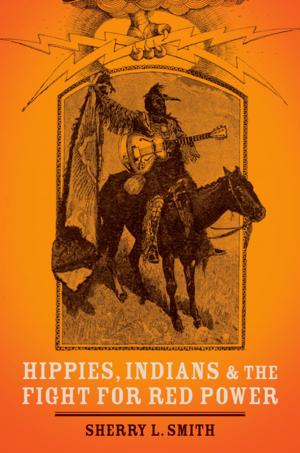Gordian Knot
Apartheid and the Unmaking of the Liberal World Order
Nonfiction, History, Africa, South Africa| Author: | Ryan M. Irwin | ISBN: | 9780199996179 |
| Publisher: | Oxford University Press | Publication: | September 7, 2012 |
| Imprint: | Oxford University Press | Language: | English |
| Author: | Ryan M. Irwin |
| ISBN: | 9780199996179 |
| Publisher: | Oxford University Press |
| Publication: | September 7, 2012 |
| Imprint: | Oxford University Press |
| Language: | English |
Writing more than one hundred years ago, African American scholar W.E.B. Du Bois speculated that the great dilemma of the twentieth century would be the problem of "the color line." Nowhere was the dilemma of racial discrimination more entrenched-and more complex-than South Africa. Gordian Knot examines South Africa's freedom struggle in the years surrounding African decolonization, using the global apartheid debate to explore the way new nation-states changed the international community during the mid-twentieth century. At the highpoint of decolonization, South Africa's problems shaped a transnational conversation about nationhood. Arguments about racial justice, which crested as Europe relinquished imperial control of Africa and the Caribbean, elided a deeper contest over the meaning of sovereignty, territoriality, and development. Based on research in African, American, and European archives, Gordian Knot advances a bold new interpretation about African decolonization's relationship to American power. In so doing, it promises to shed light on U.S. foreign relations with the Third World and recast understandings of the fate of liberal internationalism after World War II.
Writing more than one hundred years ago, African American scholar W.E.B. Du Bois speculated that the great dilemma of the twentieth century would be the problem of "the color line." Nowhere was the dilemma of racial discrimination more entrenched-and more complex-than South Africa. Gordian Knot examines South Africa's freedom struggle in the years surrounding African decolonization, using the global apartheid debate to explore the way new nation-states changed the international community during the mid-twentieth century. At the highpoint of decolonization, South Africa's problems shaped a transnational conversation about nationhood. Arguments about racial justice, which crested as Europe relinquished imperial control of Africa and the Caribbean, elided a deeper contest over the meaning of sovereignty, territoriality, and development. Based on research in African, American, and European archives, Gordian Knot advances a bold new interpretation about African decolonization's relationship to American power. In so doing, it promises to shed light on U.S. foreign relations with the Third World and recast understandings of the fate of liberal internationalism after World War II.















